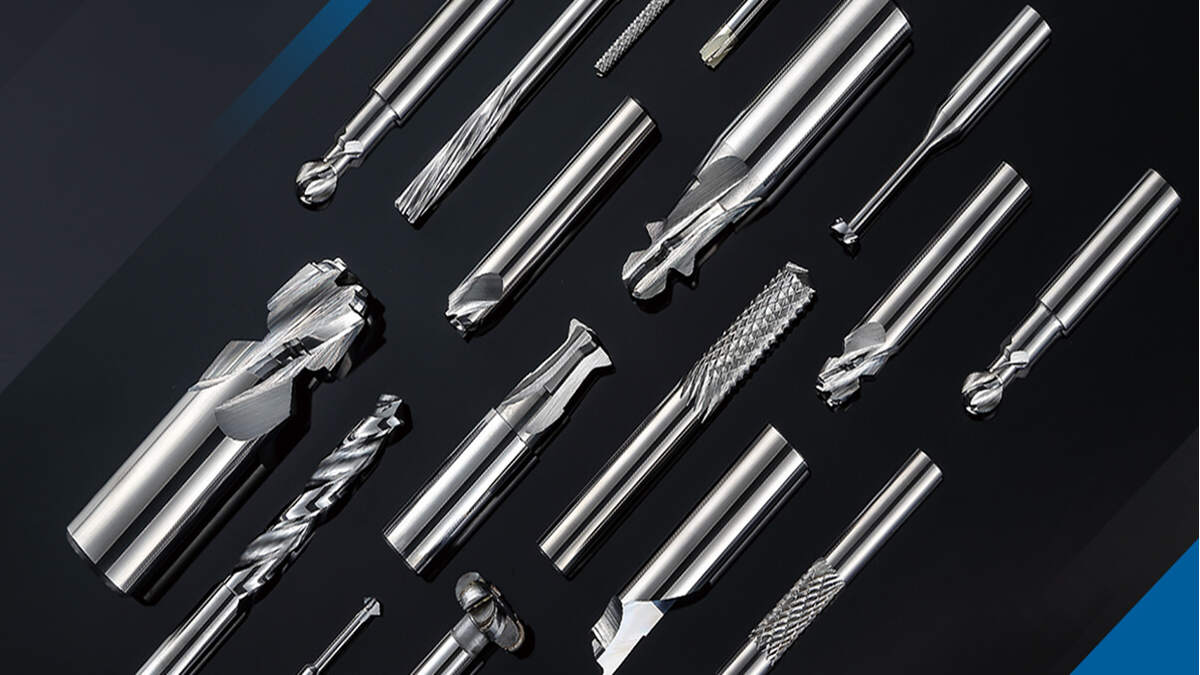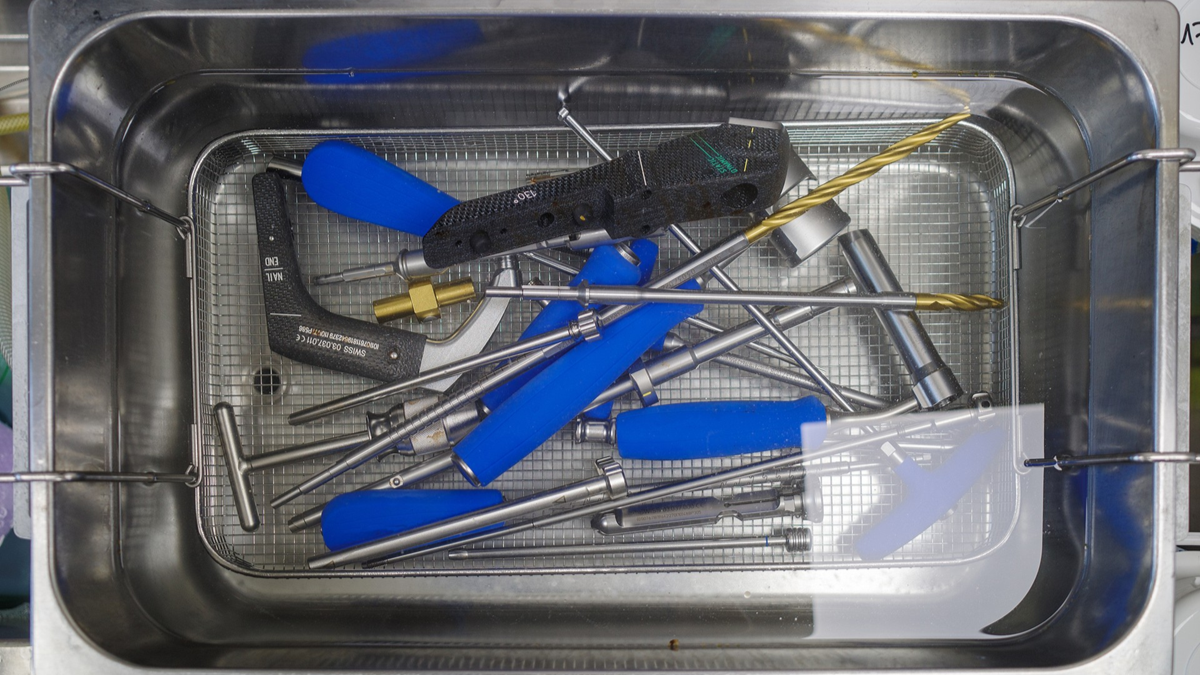The development of smart sensors can be a high degree of integration of mechanical, electrical, software/firmware, circuit, and sensor knowledge.
Smart sensing and control commonality technology includes a sensor, software, and drive control component system. The purpose is to combine sensors with AIoT and widely deploy them in equipment, production lines, robots, and factory environments to promote product innovation, thereby increasing automation and creating a smart factory environment to specifically solve the problem of labor/productivity shortage. Relevant sensing, software, and control technologies can specifically promote product innovation, increase automation, create a friendly environment for smart factories, promote the evolution of employee care and capabilities, and integrate situational goals with local self-made and virtual reality.
What Is A Smart Sensor?
Smart sensors can be called intelligent sensors, or edge sensors. General sensors convert physical phenomena into voltage or current through the material, optical, mechanical, or chemical reactions. These physical phenomena include changes in temperature, sound, vibration, and displacement. In measurement applications, engineers and scientists can use instruments or data acquisition systems to convert analog voltage and current signals from sensors into digital signals that can be calculated by computers for subsequent analysis and presentation. Due to the popularity and miniaturization of embedded systems, some sensor manufacturers have integrated embedded systems and sensors and used the processing capabilities of embedded systems to perform real-time signal processing, judgment, or control functions. Through the combination of sensors and equipment, it develops towards intelligent high-end equipment and seizes the smart machinery market of intelligent unmanned factories and supply chain restructuring.
What Is the Difference Between Smart Sensors and Ordinary Sensors?
Convergence with embedded systems, covering the following elements:
- Microcontroller or CPU
- Memory or SD card
- Wireless communication
- Power supply or battery
What Are the Advantages and Disadvantages of Smart Sensors?
A smart sensor is an electromechanical system that uses a microprocessor as the core to expand peripheral components. Compared with ordinary sensors, smart sensors bring many benefits, but because the system is more complex, it also requires more development time.
Application advantages of smart sensors:
- Can provide an immediate response, such as for security or disaster prevention purposes.
- Carry out self-diagnosis, immediately detect whether the sensor is abnormal or not, and give a warning.
- Analyze the data directly at the front end, without waiting for the data to be sent back to the computer for calculation.
- Perform data compression to reduce the amount of subsequent data transmission.
- Perform machine learning or AI algorithms and directly optimize parameters.
- Wireless communication reduces wiring costs.
- High stability, durability, easy maintenance, and real-time computing.
Application disadvantages of smart sensors:
- R&D time and costs are required.
- The production process is more complicated.
- Maintenance costs are high.
- Power consumption considerations.
- If connected to the Internet, network stability needs to be considered.
Challenges in the Design of Smart Sensors
- Design considerations for power saving and low power consumption: If a smart sensor needs to perform more complex calculations, its power consumption will inevitably increase. How to strike a balance between performance and power consumption is an important design key.
- Sensor integration and signal processing: The most different point between smart sensors and general embedded systems is that they need to integrate sensor signals. The A/D conversion circuit designed on the embedded system is a key point. In small applications, the placement of electronic components is dense, so signal stability and noise must be paid attention to.
- Maintain reliability: Whether it is an indoor or outdoor application, smart sensors need to be designed with reliability as the premise. If it breaks down or needs to be repaired frequently, this will cause a large maintenance burden.
What Are the Application Cases for Smart Sensors?
- Tire Pressure Monitor (TPMS): Tire pressure monitors are now one of the standard equipment for vehicles. This type of sensor must be installed on the tire valve to capture tire pressure data, but the space is limited and there are High-speed rotating tires that obviously cannot be embedded in traditional sensing architectures. But the technologies such as power supply, sensing, and communication have matured one after another, such applications are already feasible. This smart sensor pursues stable and accurate wireless measurement, and these items are realized in the application of TPMS tire pressure detection.
- Tool life detection: A common application is the tool life detection of machine tools. During the operation of machine tools, the tools responsible for cutting objects are easily damaged, and damaged tools will directly affect product quality. In the past, manufacturers used the status information of the tool grasped through the sound, vibration, and other information when the machine is running. Like the tire pressure detector, the space of the tool sensor is small and the shape is specific, so it is difficult to introduce the traditional measurement framework.
- Mechanical status monitoring: As the use time increases, rotating mechanical equipment will inevitably suffer from wear and damage. But in industrial applications or factory domains, these devices are often located in places where it is difficult to install instruments, such as high-temperature steel plants, or even moving trucks. Smart sensors can integrate vibration measurement and analysis into a small wireless device, which allows users to directly transmit device status data to mobile phones or computers without using bulky instruments.
The Future Trend of Smart Sensors
The Internet of Things is becoming fragmented, and the market demand for customized measurement is increasing. The advantage of a smart sensor comes from its ability to directly process and analyze signals. Therefore, when embedded system technology evolves with Moore's Law, the processing capability of embedded systems will become stronger and stronger. In the past, if complex calculations were to be performed, the original sensor signals could only be transmitted to the subsequent computer to obtain the analysis results. When the processing power of the front-end embedded system is stronger, many calculations can be performed directly on the signal side, which saves the bandwidth required for data transmission, and allows the on-site users to get the calculation results immediately. In addition, because of the improved processing capabilities of embedded systems, the applications of machine learning and artificial intelligence in recent years, such as IoT and AIoT data computing and model training, can be used in more fields through smart sensors.
Smart sensing technology is used in the manufacturing industry, using vibration, sound, force, image, distance, etc., to sense and integrate AI and edge/Cloud Computing to implement intelligent manufacturing. Various vibration sensing technologies can be developed and embedded in the composite processing machine to measure the vibration and determine the reasons for the decline in processing quality and premature deterioration of the machine. Or embed force sensing technology in wearable robots to read the body's tiny potential signals to assist factory employees in carrying heavy objects and avoid potential occupational injuries. Or embed various 3D sensing and ranging technologies in collaborative robots and autonomous mobile robots to implement the robot's fine-grained hand-eye collaboration, fast inspection, transportation, and measurement functions, improve production line operations and logistics efficiency, and ensure factory safety.



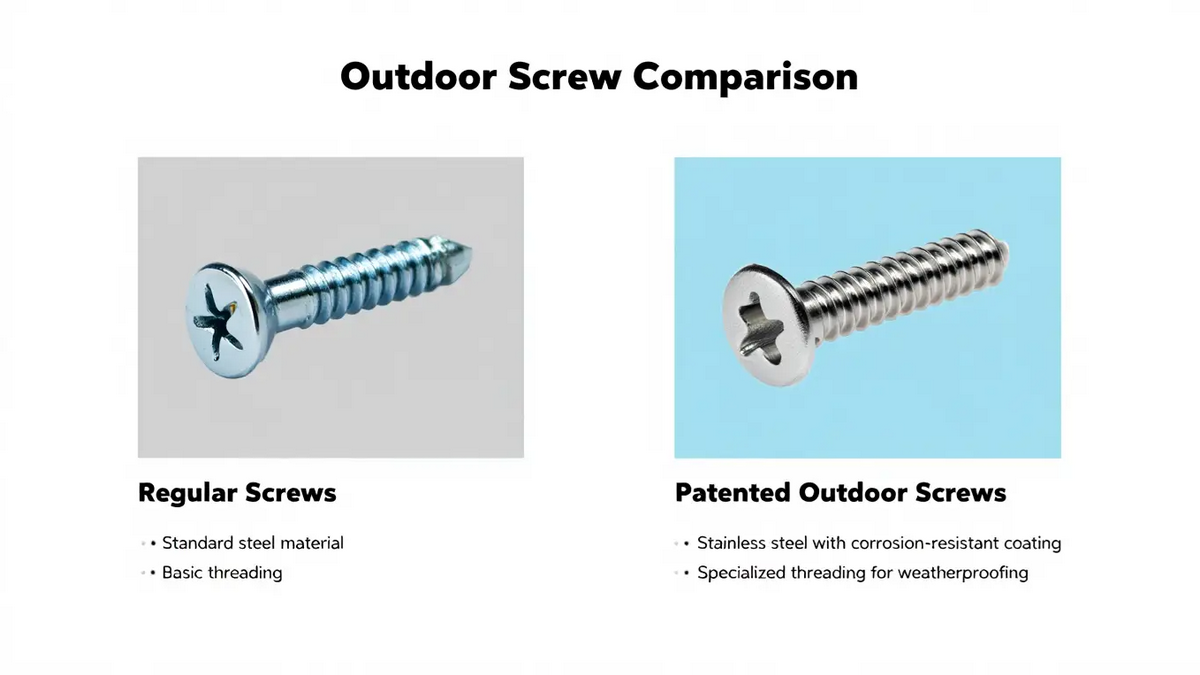
.jpg)
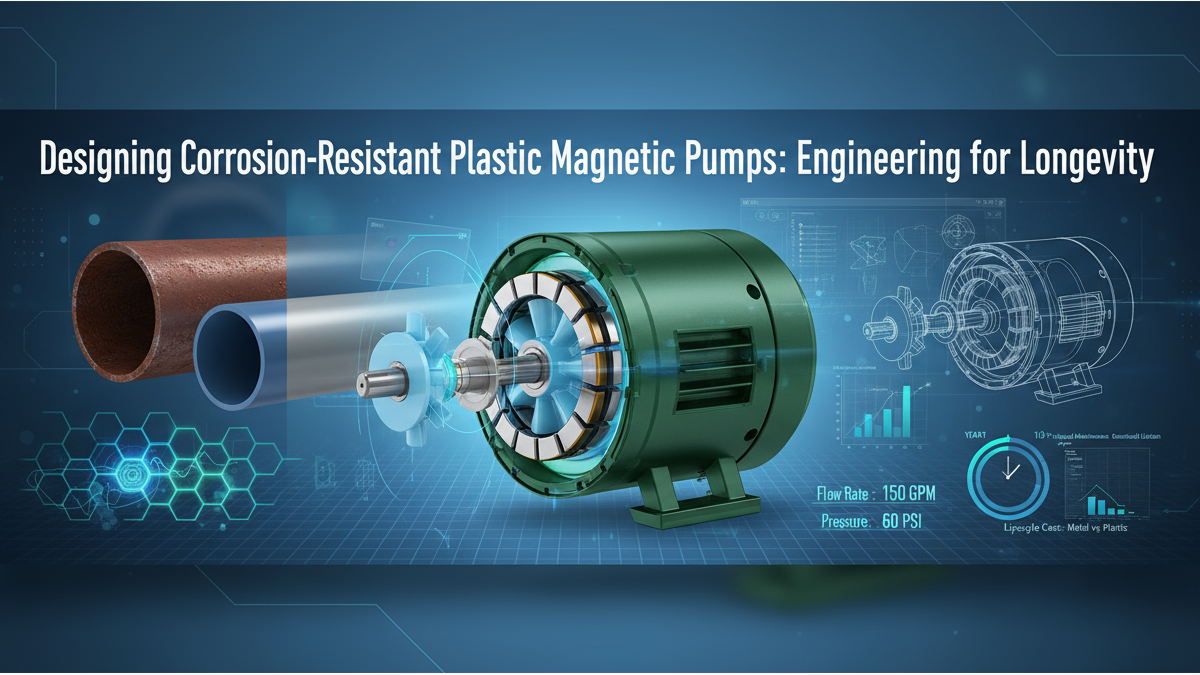

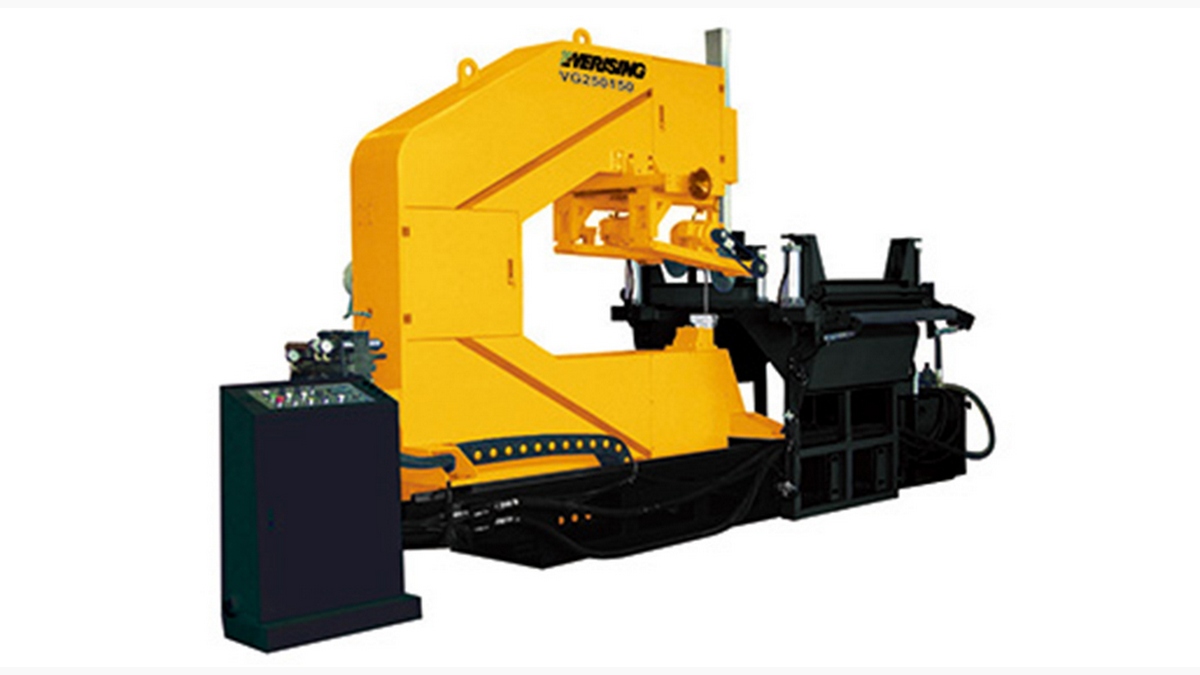



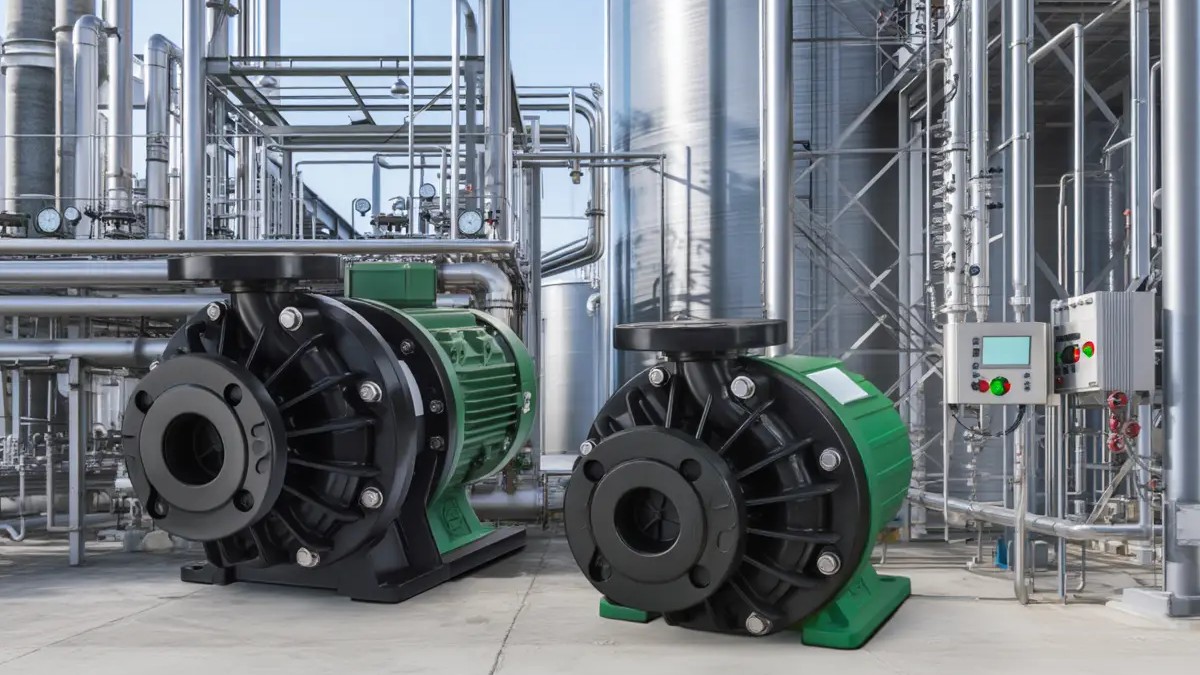
.png)
